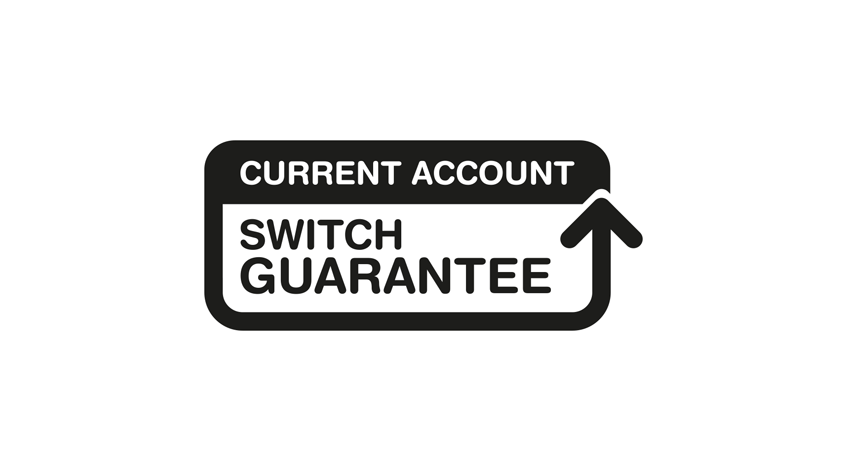Preparation is vital before approaching anyone for grant aid or financial assistance. Before anyone provides funding, they will expect to see evidence that you have thoroughly researched your business idea and that it has the potential to lead to a viable business. The best way of demonstrating that you have done this is to produce a business plan. The information included should include a cash flow forecast, balance sheet forecast, profit and loss forecast, business plan and personal budget. Your business adviser or local business banker will be able to provide more details on preparing and presenting this information.
What is a cash flow forecast?
A cash flow forecast will show the expected receipts of money coming into the business and payments of cash going out. The forecast will then indicate how much cash will be available in the business. You must demonstrate that you are monitoring cash flow carefully. If you are paying your suppliers, but your customers are failing to pay you, you will quickly run out of money.
What is a balance sheet forecast?
A balance sheet forecast shows fixed assets, such as equipment, and current assets, such as stock and debtors - people who owe your business money. The balance sheet forecast should also show how your assets are financed - equity, loans and current liabilities such as creditors. This will show your business' net worth and whether the business is solvent.
What is a profit and loss forecast?
This gives an indication of your predicted income, usually as a result of sales, and the likely expenditure on a month-by-month basis. This is different from cash flow as it takes into account any outstanding invoices for money owed to you and any invoices that you need to pay. It also shows non-cash expenditure such as depreciation. The difference between income and expenditure is profit - something anyone considering investing in your business will be keen to see.
Why do I need a business plan?
This will provide evidence that your business has the potential to be a success. A good business plan will contain:
- An overview of the business and what it will do.
- Details about the business, such as its legal status, aims and objectives and key personnel.
- Details of the products or services your business will supply.
- Details of your target customers and estimated numbers.
- Assessment of your competitors and their strengths and weaknesses.
- How your business is different from the competition.
- Details of how you intend to market your business.
- How and where the business will operate.
- Financial requirements - including how much money is needed, and, crucially, when it will be needed.
What is a personal budget?
You must work out all your personal expenditure, such as your mortgage repayments or rent, gas, electricity, telephone bills, water rates and council tax bills. Anyone offering additional finance to your business will want to see that you have considered how much you must earn from the business in order to meet your living expenses. As the business develops, you will probably be able to take more out of it. However, initially it is a good idea to reinvest the profits, further funding your own business development.

